In facing the disruption caused by the coronavirus pandemic, policymakers, scientists, medical staff, IT and data specialists are flooded with terabytes of pandemic and case history data. As a consequence, they now face the demanding task of analysing voluminous data for policy formulation, decision making, predicting and managing future outbreaks. Fortunately, new wave of technologies such as IR4.0 (4th Industrial Revolution) which include Data Analytics, AI, Intelligent and Connected Devices have come to the rescue to manage the pandemic disruption globally. In tandem with this, there is now more than ever a critical need for skilled resources to manage this often complex and interlinked web of systems and data.
Conceivably, soon we will see technologies that are integrated and enable medical stakeholders to communicate with each other more efficiently, for rapid decisions and interventions with a lesser human physical dependency to save more lives. Quoting the Ministry of International Trade and Industry’s (MITI) national “Industry4WRD” policy, “Industry Revolution 4.0 (IR4.0) is blurring the distinction among physical, digital and biological spaces.”₁
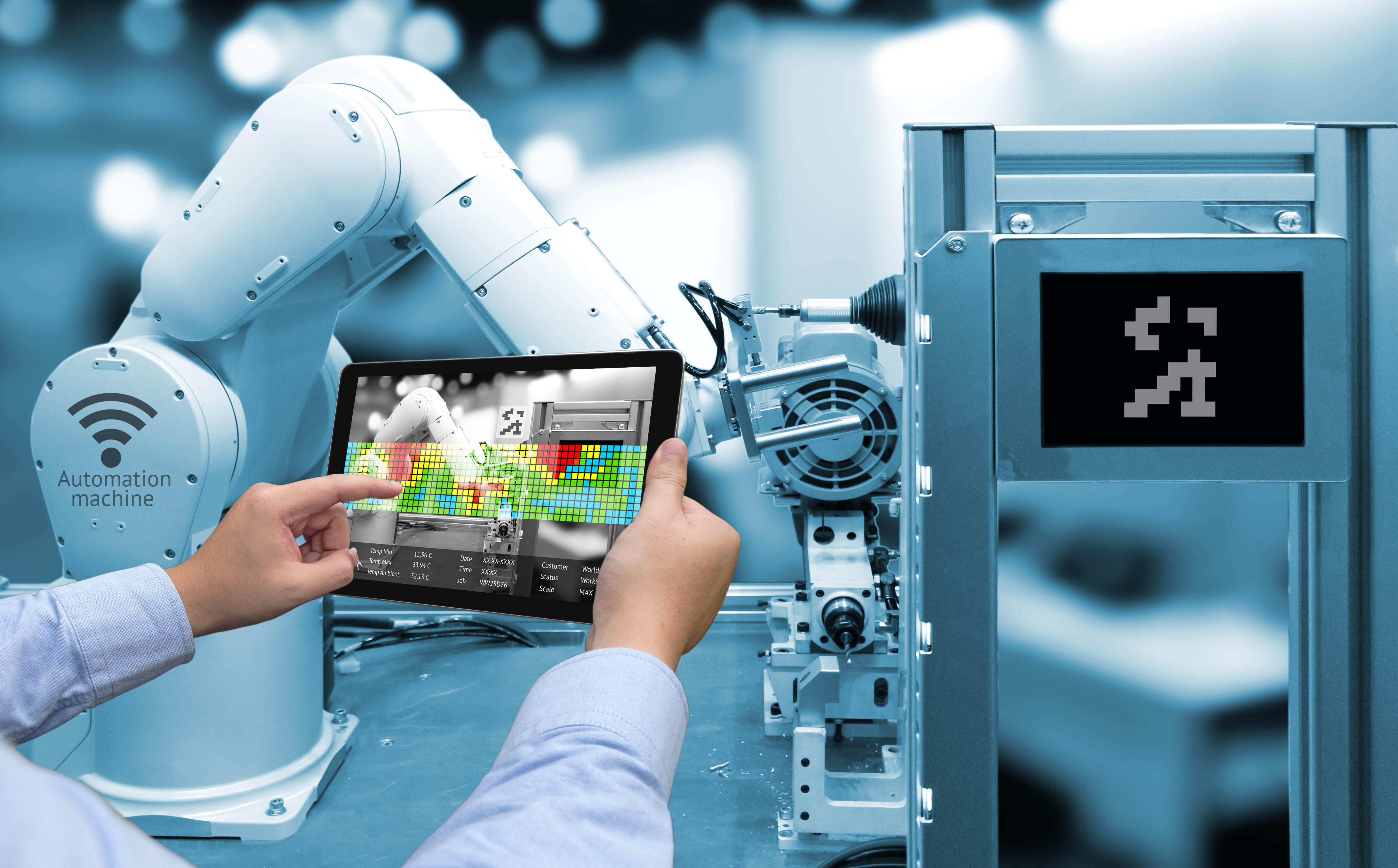
Digital Skills in Demand
The current dynamic and disruptive environment require those involved to be equipped with the know-how, knowledge and skills to implement and manage the relevant, as it embodies advanced knowledge on integration of data, artificial intelligence, machines and communication. According to the World Economic Forum’s Future of Jobs Report, 50% of all employees will need reskilling by 2025₂. Therefore, it is anticipated that reskilling and upskilling budgets of enterprises and organisations are likely to increase to meet the skills gap. In addition, future graduates will need to be equipped with a qualification that incorporates future-proof, employable skills that will serve them competently within their organisations and also contribute to society and the nation as the need arises.
LinkedIn – the world's largest professional network on the internet – predicts there will be 150 million new technology jobs globally in the next five years!₃. Adding to this, the Malaysia Digital Economy Blueprint 2021, highlighted, that the digital economy will become the foundation of the modern economy₄, thus requiring skilled manpower to fulfil this national mandate.
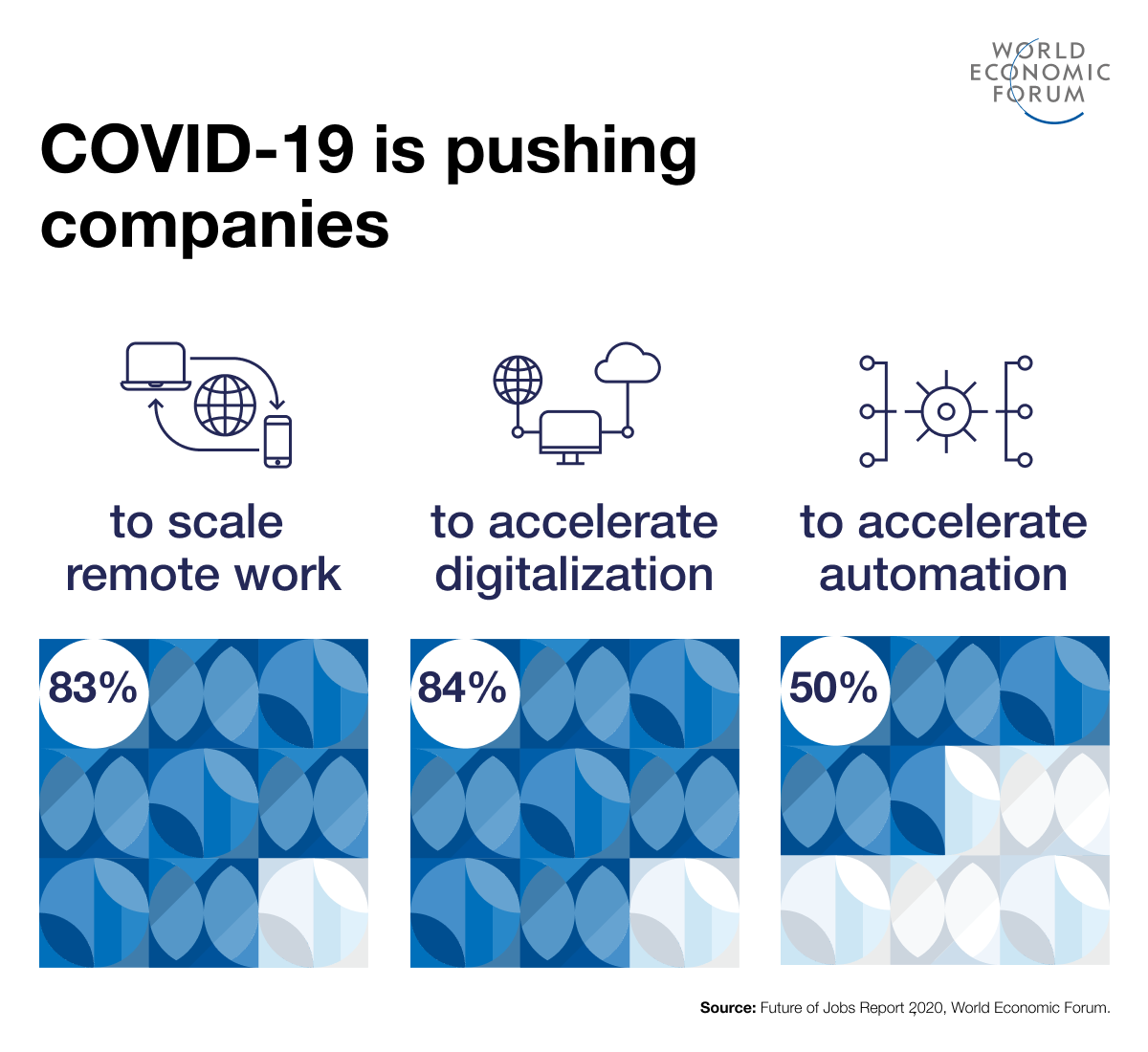
Path to Acquiring Digital Skills
Taking a lead in Digital Transformation for higher education, all academic programmes offered by APU are Technology-Driven in all fields, tapping into the Internet of Things (IoT), Data Science, Cyber Security, Cloud Computing, Artificial Intelligence (AI), Mechatronics, E-business, Digital Marketing, Virtual Reality (VR), Augmented Reality (AR), Digital Leadership, Finance Technology (FinTech) and Mobile Technology. For working professionals and organisations, customised reskilling and upskilling programmes are offered.

This strategy is very much in responding to the greater demand for technology and innovation, driven by the new challenges people facing under the new normal in COVID-19 times. It encompasses innovative teaching and learning by using state-of-the-art infrastructure, revolutionary programmes for the future, industry-academic partnership and professional development with a global outlook.
To enable students to gain hands-on experiences, APU is equipped with world-class infrastructure from the USA, France, Singapore, Germany and the United Kingdom. APU’s industry on-campus exposes students, staff and training participants to a simulated working environment, real-time data & scenarios and real-time challenges. Some of APU’s significant industry partners include TechForte, Ministry XR, IBM, SAS, TIBCO, and Microsoft.
One such industry-on-campus facility is the CyberSecurity Talent Zone (CSTZ) – The first of the kind integrated cybersecurity talent zone in Malaysia. CSTZ houses a military-grade real-time cybersecurity monitoring software at the full-fledged Cyber Threats Simulation & Response Centre (Cyber Range) and Security Operation Centre (SOC), where students can embrace and experience an industry or professional working setting, to grow as competent technology professionals into a real-world environment. They are able to hone their skills to identify, recognise and mitigate cybersecurity risks.
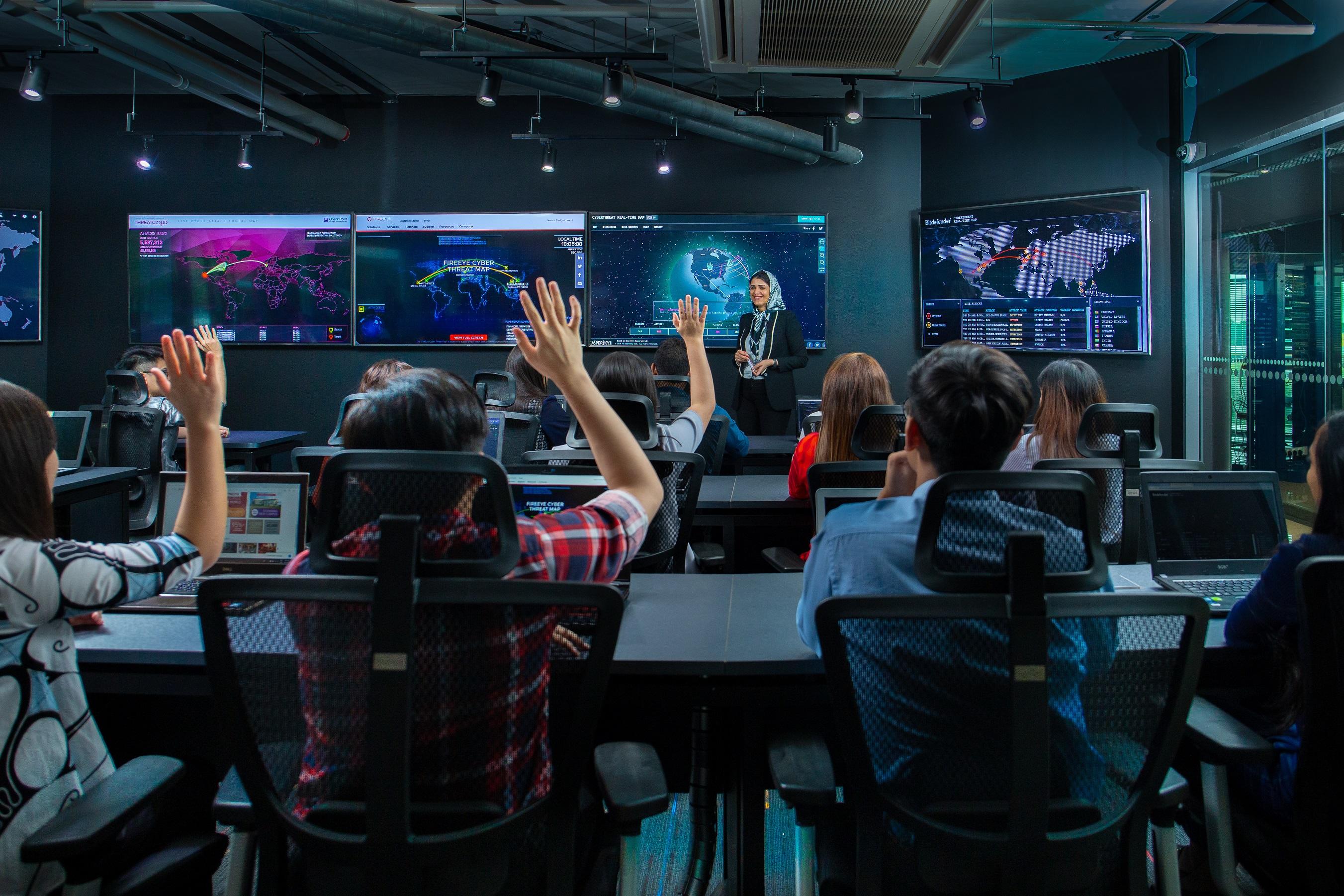
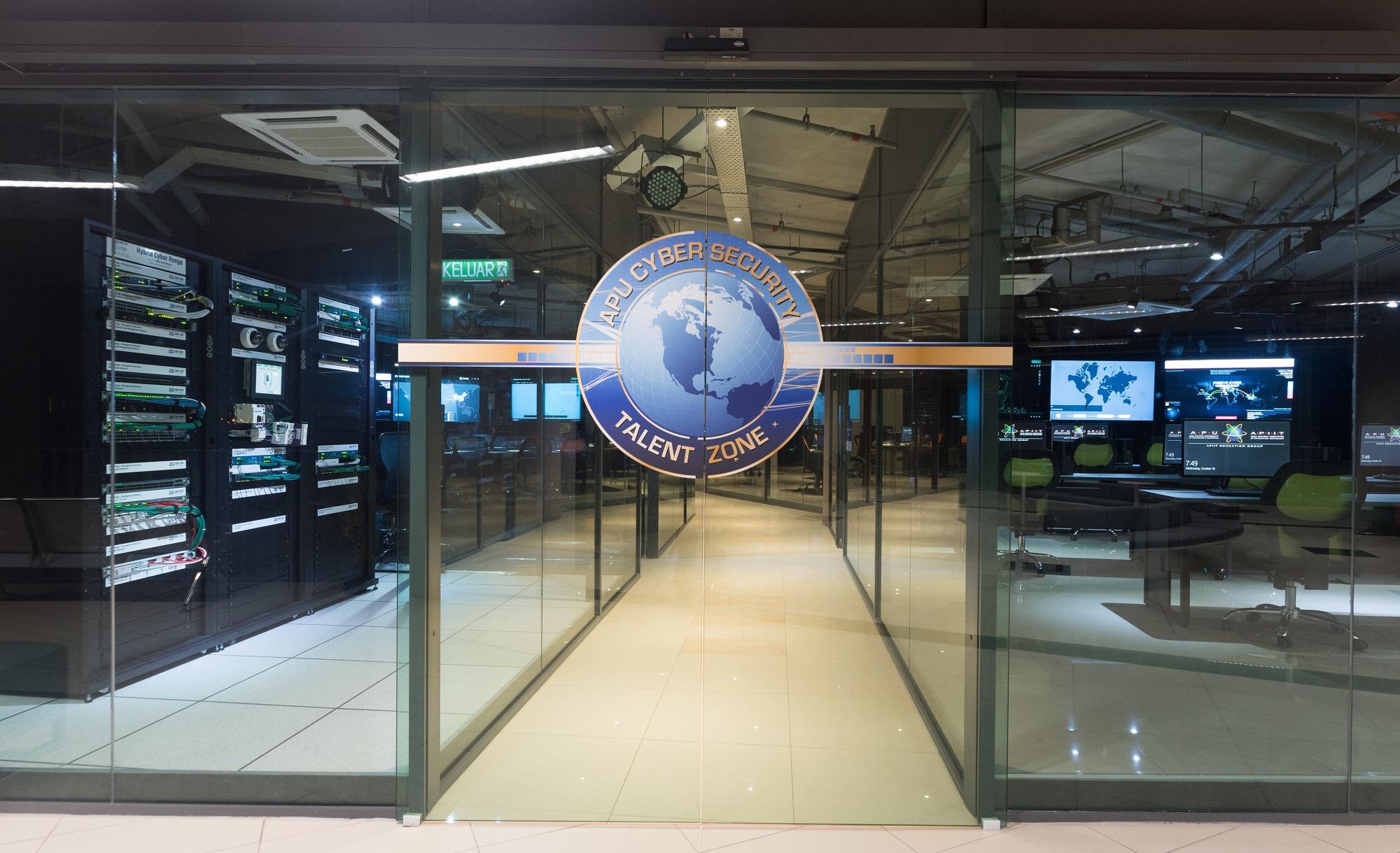
In a first-of-its-kind collaboration with industry, APU established the first unique XR Studio in Asia and amongst Malaysian universities in collaboration with Ministry XR. The state-of-the-art studio comprises technologies, hardware and software capable of developing Augmented Reality (AR), Virtual Reality (VR) and Mixed Reality (MR) applications. Students get hands-on experience developing industry-related projects revolving around Computer Games Development, Multimedia Technology, Engineering, Animation & Visual Effects programmes.
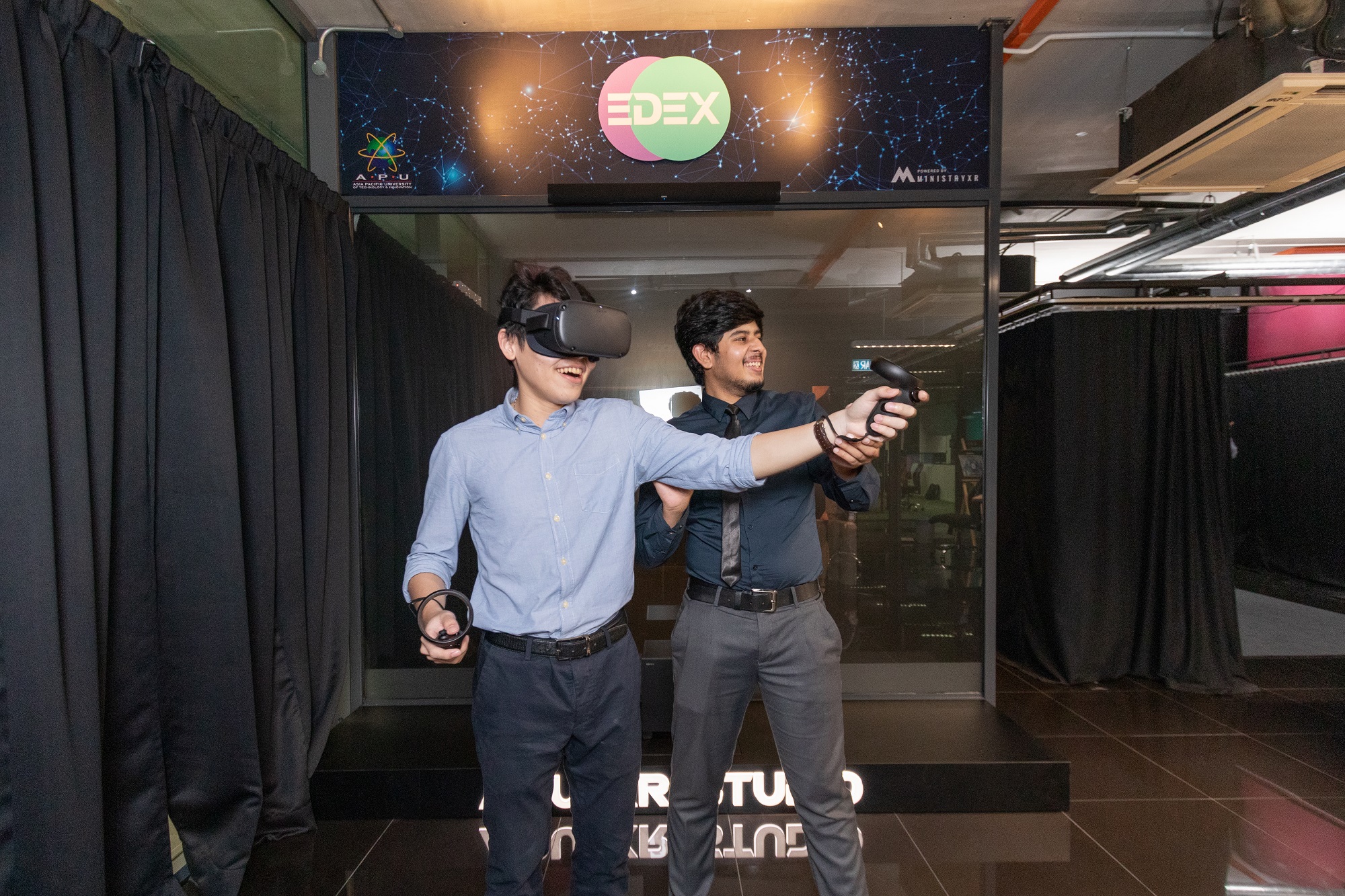
The state-of-the-art technology infrastructure, industry-on-campus, and industry experienced lecturers and professionals has formed a successful ecosystem that has helped develop future-proof, employable professionals. According to the latest Annual Graduate Tracer Study by the Higher Education Ministry, 100% of APU graduates were employed upon graduation. APU is on the right path in nurturing highly sought after graduates with readily employable digital skills and providing opportunities for upskilling and reskilling for working professionals.
For more information, visit www.apu.edu.my

